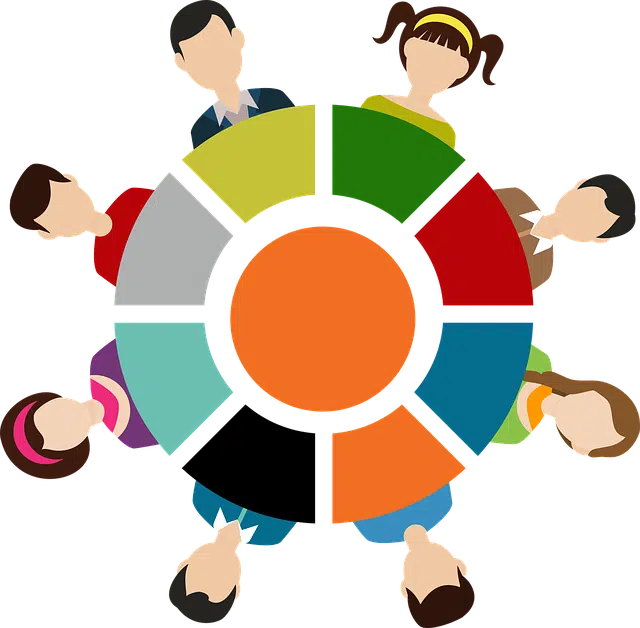
The social context is formed by multiple economic, cultural and other factors that affect individual reality.
The word context , originating from the Latin word contextus , describes the space or environment that can be physical or symbolic that serves as a framework to mention or understand an episode. The context is created based on a series of circumstances that help understand a message. These circumstances can be, depending on the case, concrete or abstract.
Social, on the other hand, is that which is related to or points to society. This concept (society) encompasses the group of individuals who share a culture and who interact with each other to form a community .
These definitions allow us to understand the notion of social context , which encompasses all cultural, economic, historical, etc. factors. that are part of a person's identity and reality.
Construction of the social context
The human being is an entity with social characteristics , whose development depends on the links established with its environment. This means that people are the ones who build the social context but, at the same time, this context affects their reality.
Let's take the example of two girls born in Rio de Janeiro . One of them lives in an upper-class neighborhood, has access to the best health services in the area, attends classes at a private school and is raised by her parents, both professionals. The other little girl was abandoned by her father, spends her days in a favela and has to work instead of studying.
All of these circumstances (housing conditions, the possibility of accessing education, etc.) form the social context in which the girls in the aforementioned case grow up. These contexts determine her present and her future: the girl from the favela, given that she does not receive basic academic training, will have great problems finding work. Thus it is likely that, when she becomes a woman and has children, as she surely will, they will go through experiences similar to those she experienced.

The social context can enhance or harm a person's development.
And this brings us to the impact that the social context has on our development and the immense difficulty of relearning certain things that were burned into our brains since childhood. In less extreme situations than those raised in the previous paragraphs, the experiences and ideas that surround us during our upbringing condition our personality in the same way and force us towards attitudes that often go against our own will, even when we do not. We are aware of it.
The influence of the environment
For example, eating meat is very common in most countries, and no one has the option of eating exclusively plant-based foods during the first years of life. Many people decide to modify their diet once they reach a certain age, because they do not feel identified with the decisions necessary to be omnivores ; The question that arises in these cases is: has this individual changed or has he always felt disgust against the mistreatment and abuse of animals? Perhaps his upbringing prevented him from analyzing these issues so that he would not go against the principles of his guardians?
Human beings tend to think that they are incapable of living, discovering their own needs and tastes at every step. He prefers the false security that comes from grouping together, joining other people who believe they have things in common, thus nullifying the spontaneity of his decisions, even the apparently altruistic ones. Collaborating monetarily with a cause that one considers fair, as long as there is no corruption involved, can be a positive action; But if it is done to avoid giving a bad image, then this is not so far from hitting a homeless person so that we are labeled cowards. Both cases are the product of not being able, of not wanting to detach ourselves from the context in which we live, which reduces us to mere document numbers that pass through a city and are then thrown away, but that leave nothing behind, that do not generate any change in the society .
